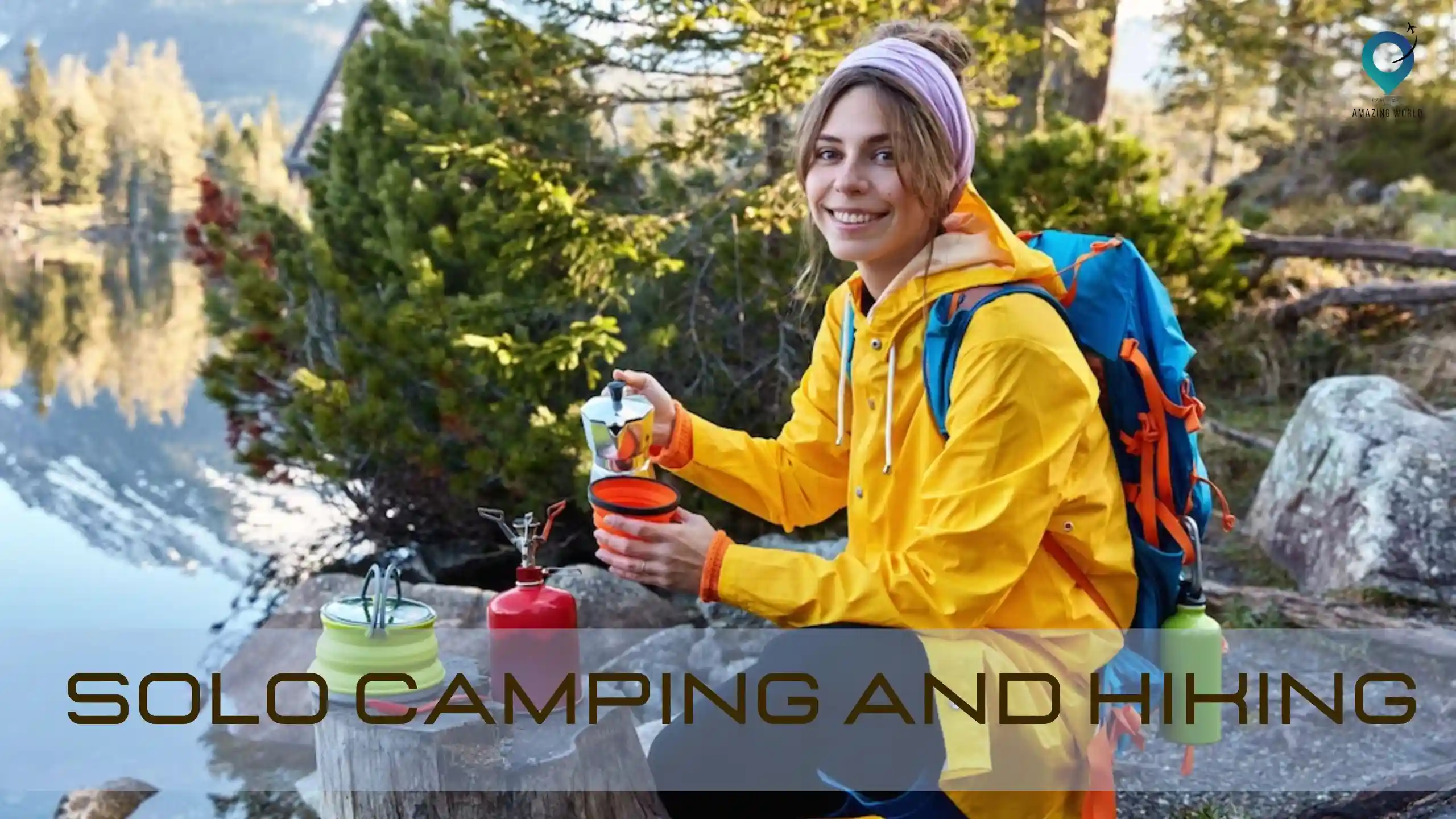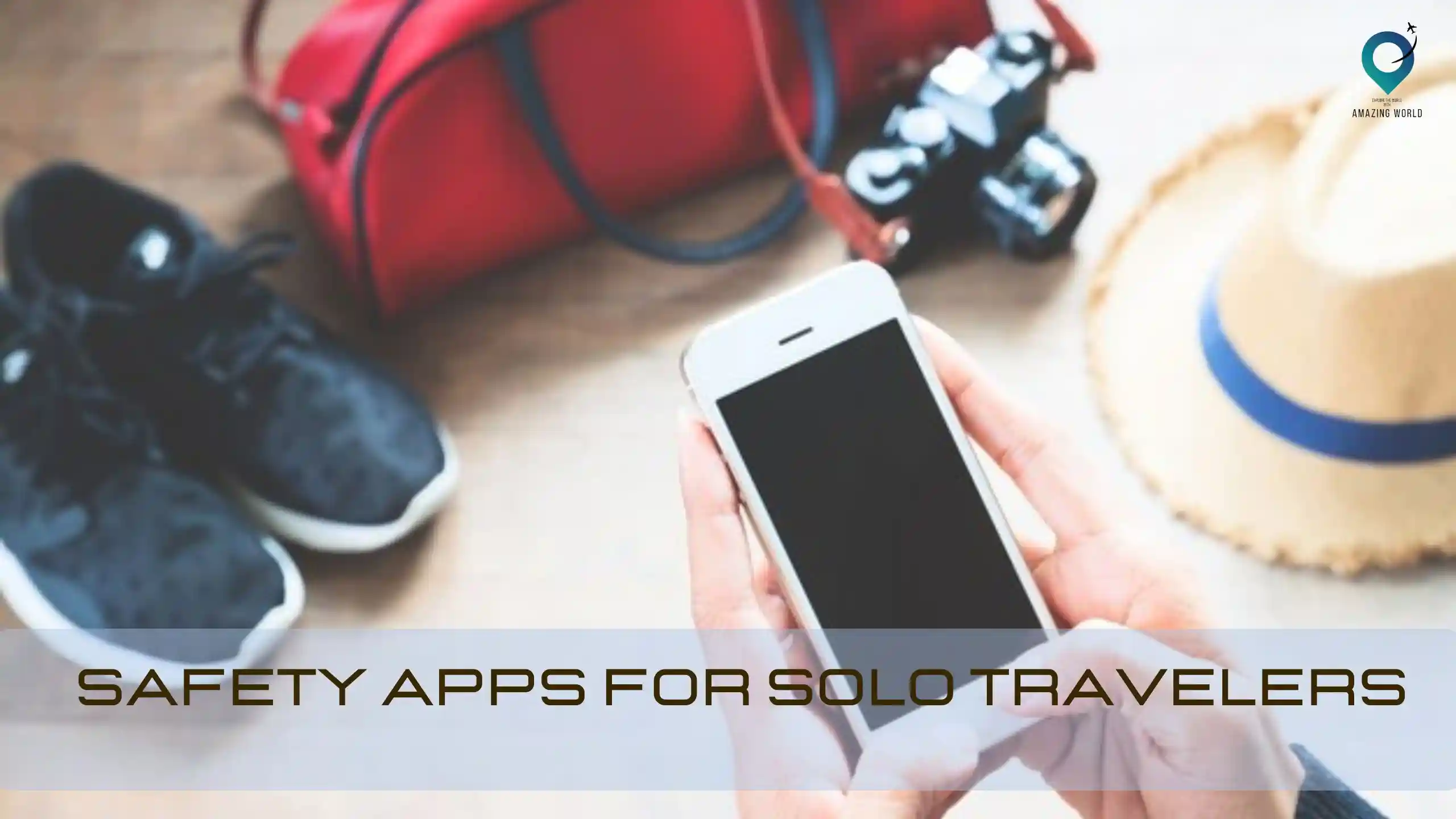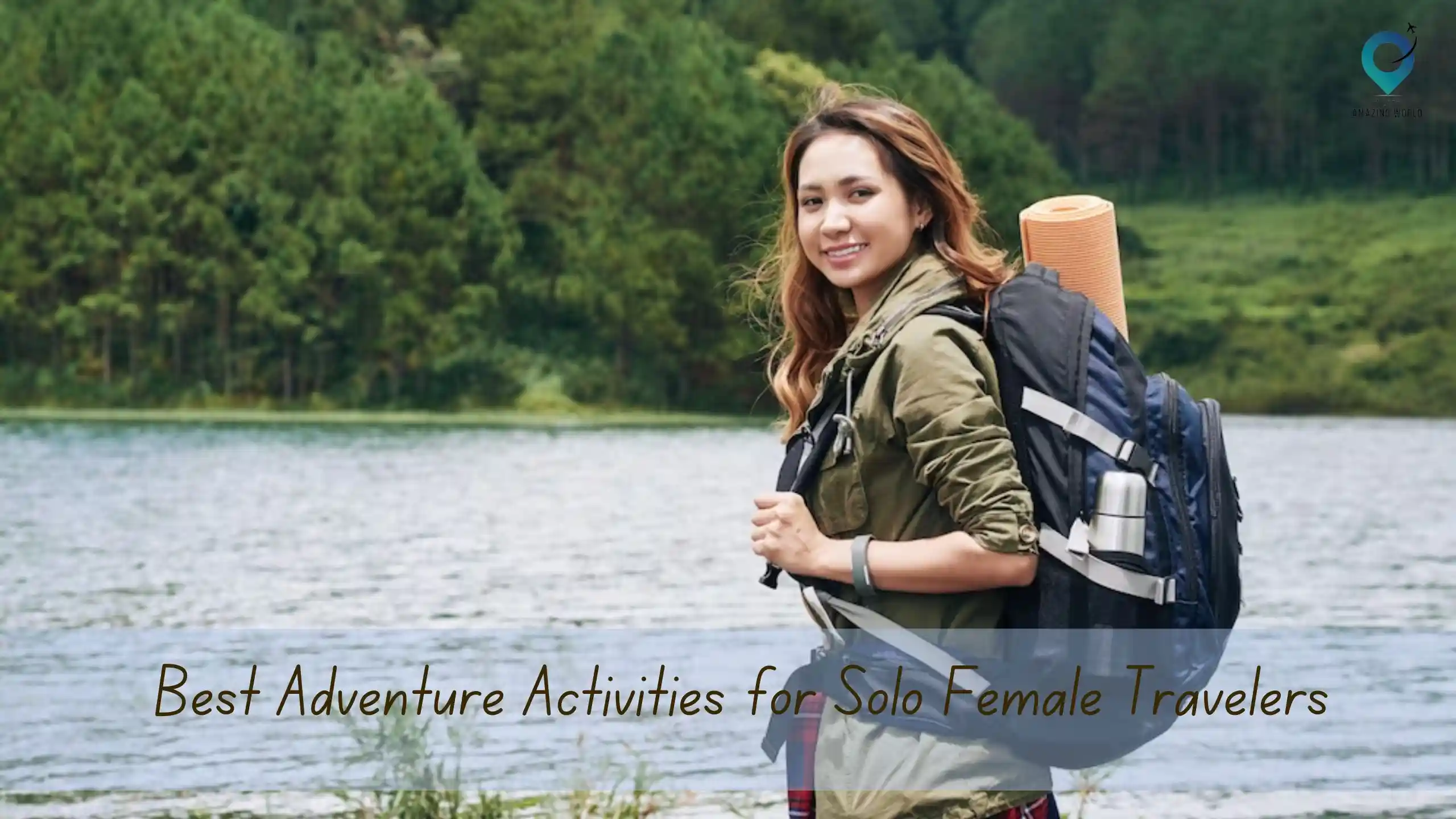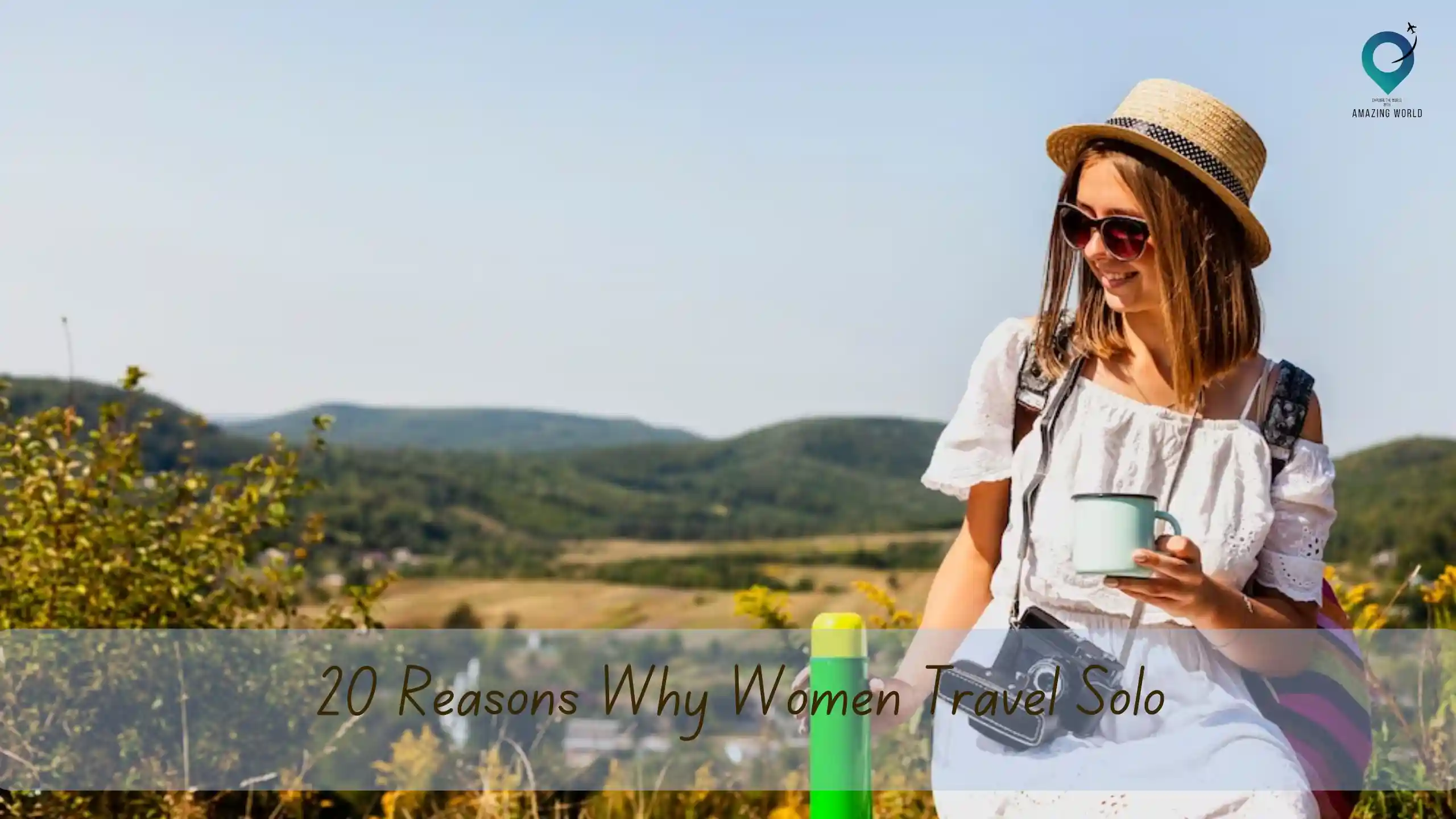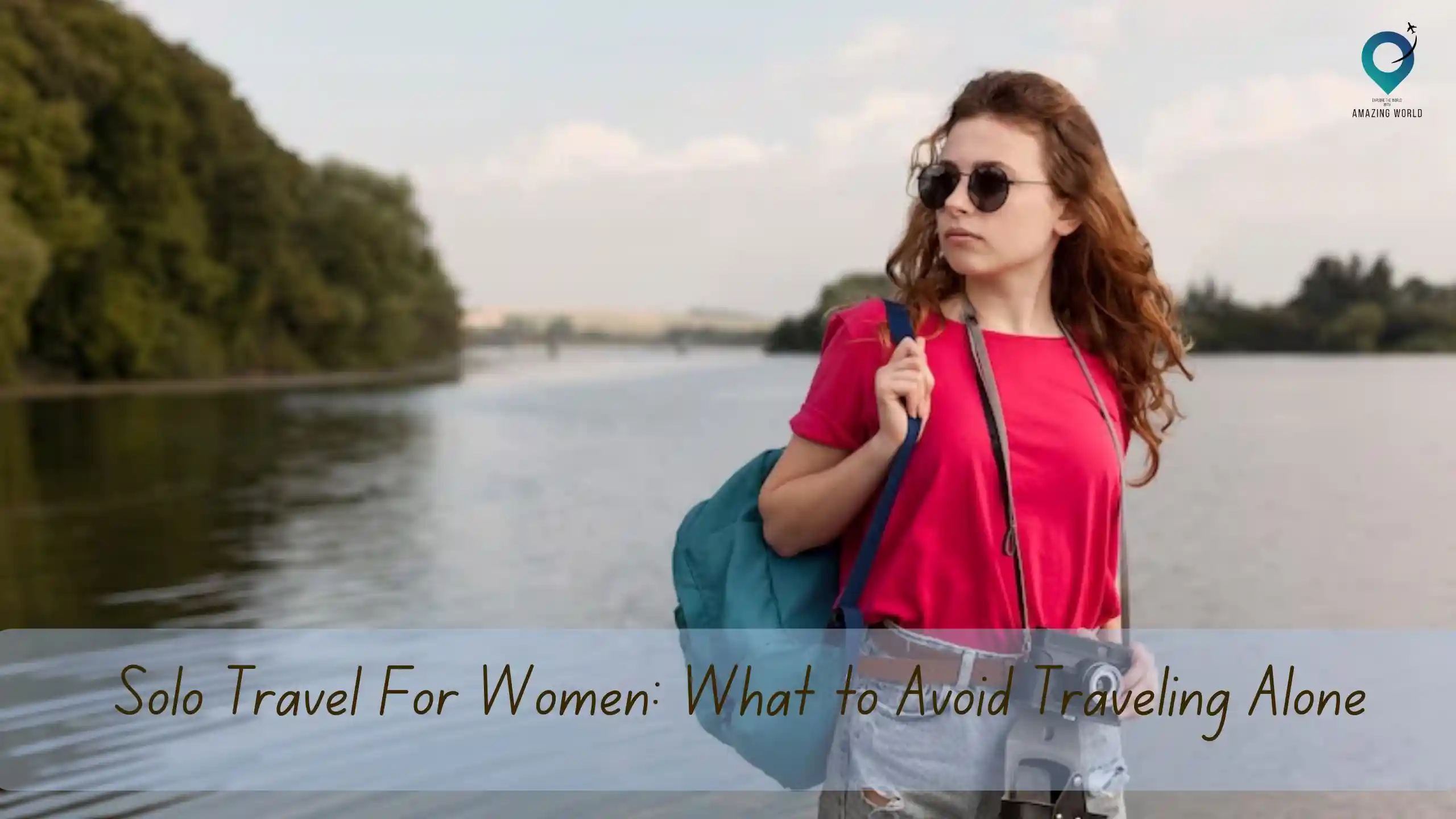15 Tips for Solo Camping and Hiking for Women
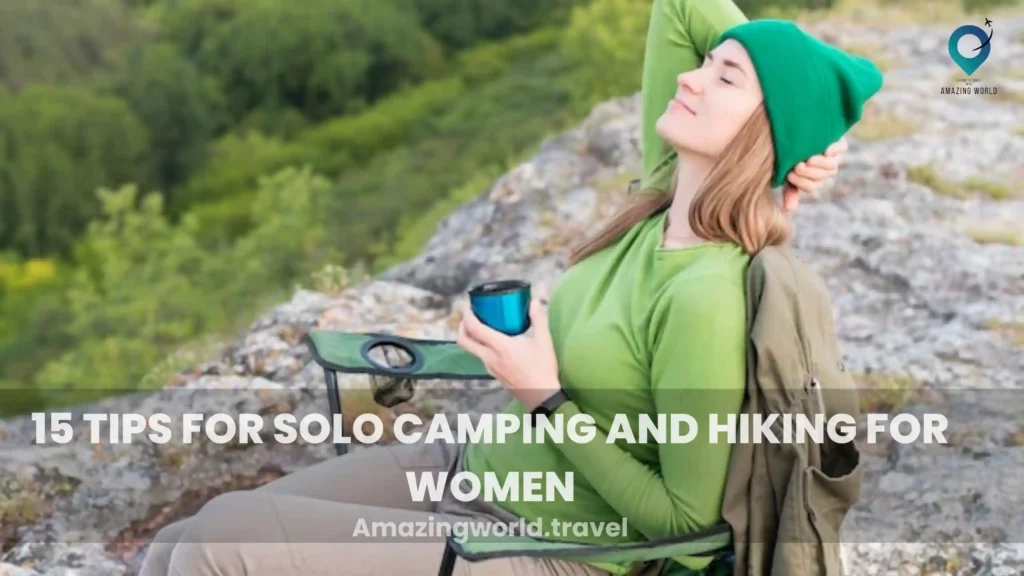
Camping and hiking are fantastic ways to reconnect with nature, enjoy solitude, and embark on exciting adventures. For women, solo camping and hiking can be empowering experiences that allow them to challenge themselves and explore the great outdoors at their own pace.
However, it’s important to approach solo camping and hiking with careful preparation and consideration for safety. In this article, we will discuss 15 essential tips that will help women have a successful and enjoyable solo camping and hiking experience.
“If you are looking for the best hotel and flight deals for your next vacation, then we recommend booking your bundled flight and hotel through hotwire.com.“
Tip 1: Plan and Research Your Destination
Before heading out on your solo camping or hiking trip, it’s crucial to thoroughly plan and research your destination. Familiarize yourself with the area’s weather conditions, terrain, and any potential hazards. Ensure that the location is suitable for solo exploration and aligns with your skill level and preferences.
Tip 2: Inform Others About Your Plans
Always inform a trusted friend or family member about your camping or hiking plans. Share your itinerary, including the location, dates, and estimated return time. Provide them with emergency contact information and establish regular check-ins to ensure your safety.
Tip 3: Pack Light and Efficiently
When embarking on a solo camping or hiking trip, a packing light is essential. Only bring the necessary gear, clothing, and food to minimize the weight on your back. Invest in lightweight and compact camping equipment to save space and make your journey more manageable.
Tip 4: Invest in High-Quality Gear and Equipment
Investing in high-quality gear and equipment is crucial for a safe and comfortable solo camping or hiking experience. Ensure that your tent, sleeping bag, hiking boots, and other essentials are durable, reliable, and suitable for the conditions you’ll encounter.
Tip 5: Learn Basic Navigation Skills
Developing basic navigation skills is essential for solo camping and hiking. Learn how to read maps, use a compass, and navigate using landmarks. Familiarize yourself with the area’s topography and mark essential waypoints to avoid getting lost.
Tip 6: Choose Suitable Clothing and Footwear
Selecting suitable clothing and footwear is vital to stay comfortable and protected during your outdoor adventure. Dress in layers to adjust to changing weather conditions, and opt for moisture-wicking fabrics to stay dry. Invest in sturdy, comfortable hiking boots that provide proper ankle support.
Tip 7: Stay Hydrated and Nourished
Staying hydrated and nourished is crucial during solo camping and hiking trips. Carry an adequate supply of water and replenish it regularly from reliable sources. Pack nutritious, lightweight food options that provide energy and essential nutrients.
Tip 8: Set Up Camp Safely and Securely
When setting up camp, prioritize safety and security. Choose a suitable campsite away from hazards like dead trees, rockfall areas, or bodies of water. Familiarize yourself with proper tent setup and secure your belongings to prevent accidents or wildlife encounters.
Tip 9: Practice Fire Safety
If you plan to have a campfire, ensure you follow fire safety guidelines. Use designated fire rings or pits, keep the fire small, and never leave it unattended. Extinguish the fire completely before leaving the campsite to prevent the risk of wildfires.
Tip 10: Stay Aware of Wildlife
When camping or hiking solo, staying aware of the local wildlife is important. Research the wildlife in the area and understand their behaviors. Store food securely to prevent attracting animals, and know how to respond if you encounter wildlife during your trip.
Tip 11: Take Precautions for Personal Safety
While solo camping and hiking are generally safe, it’s essential to take precautions for personal safety. Trust your instincts and avoid isolated areas if you feel uncomfortable. Carry a personal safety alarm and learn basic self-defense techniques for added peace of mind.
Tip 12: Be Mindful of Leave No Trace Principles
Respecting the environment is crucial for sustainable camping and hiking. Follow the principles of Leave No Trace, such as packing out your trash, minimizing campsite impact, and respecting wildlife and vegetation. Leave the natural beauty untouched for future generations to enjoy.
Tip 13: Enjoy the Solitude and Disconnect from Technology
Solo camping and hiking offer an excellent opportunity to disconnect from technology and immerse yourself in nature. Embrace the solitude and take time to appreciate the peacefulness of your surroundings. Disconnecting from technology allows you to engage with the environment and yourself fully.
Tip 14: Trust Your Instincts and Be Prepared for Emergencies
Trusting your instincts is crucial during solo camping and hiking. If something feels off or unsafe, trust your gut and make the necessary adjustments. Additionally, always be prepared for emergencies by carrying a well-stocked first aid kit and knowing how to handle common outdoor injuries.
Tip 15: Embrace the Adventure and Have Fun
Lastly, don’t forget to embrace the adventure and have fun during your solo camping and hiking trip. Enjoy the freedom and self-discovery that comes with exploring the wilderness alone. Immerse yourself in the beauty of nature, challenge yourself, and create lasting memories.
Conclusion
Solo camping and hiking can be incredibly rewarding experiences for women. By following these 15 tips, you’ll be well-prepared to embark on your solo outdoor adventures with confidence. Remember to prioritize safety, plan thoroughly, and embrace the unique opportunities that solo exploration offers.
How much did you like Our detailed 15 Tips for Solo Camping and Hiking for Women? Review Also, please share these Blogs with your friends on social media.
Related Article –
- Best & Safest Places for Solo Female
- 20 Must Need to know Safety Tips for solo female
- Best Adventure Activities for Solo Female Travelers
- 20 Reasons Why Women Travel Solo
Solo Camping and Hiking FAQs
Is solo camping and hiking safely for women?
Yes, solo camping and hiking can be safe for women with proper preparation and precautions. By following the tips outlined in this article and trusting your instincts, you can have a safe and enjoyable experience.
What should I do if I encounter wildlife during my solo trip?
If you encounter wildlife during your trip, stay calm and give them space. Do not approach or feed them. Make noise to alert them to your presence and slowly back away. It’s essential to research the local wildlife beforehand to understand their behaviors and how to respond appropriately.
How do I pack light for a solo camping or hiking trip?
To pack light, make a list of essential items and eliminate anything that isn’t necessary. Invest in lightweight and compact gear, pack versatile clothing, and opt for dehydrated or lightweight food options. Prioritize functionality and multi-purpose items to save space and weight.
How can I ensure personal safety during solo camping and hiking?
To ensure personal safety, inform others about your plans, trust your instincts, and avoid isolated areas if you feel uncomfortable. Carry a personal safety alarm, learn basic self-defense techniques, and be mindful of your surroundings. It’s also essential to have a well-stocked first aid kit and know-how to handle emergencies.
How can I make the most out of my solo camping and hiking experience?
To make the most out of your solo experience, embrace the adventure, disconnect from technology, and enjoy the solitude. Take time to appreciate the beauty of nature, challenge yourself, and be open to self-discovery. Solo camping and hiking can be transformative experiences that allow you to connect with yourself and the natural world.

Meet David Hoper, a passionate travel Blog writer with 7+ years of experience in travel content. Through his exemplary storytelling and engaging narratives, he shares his experiences and brings destinations to life. With a keen eye for detail and a love for exploration, he has cultivated a diverse portfolio of travel blogs that inspire and inform readers worldwide.
